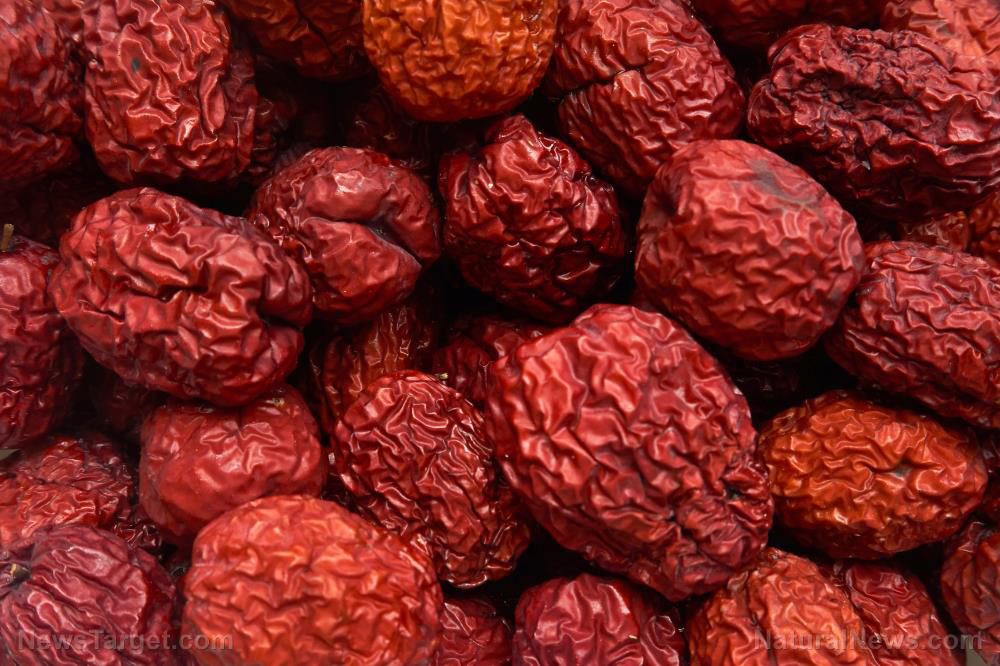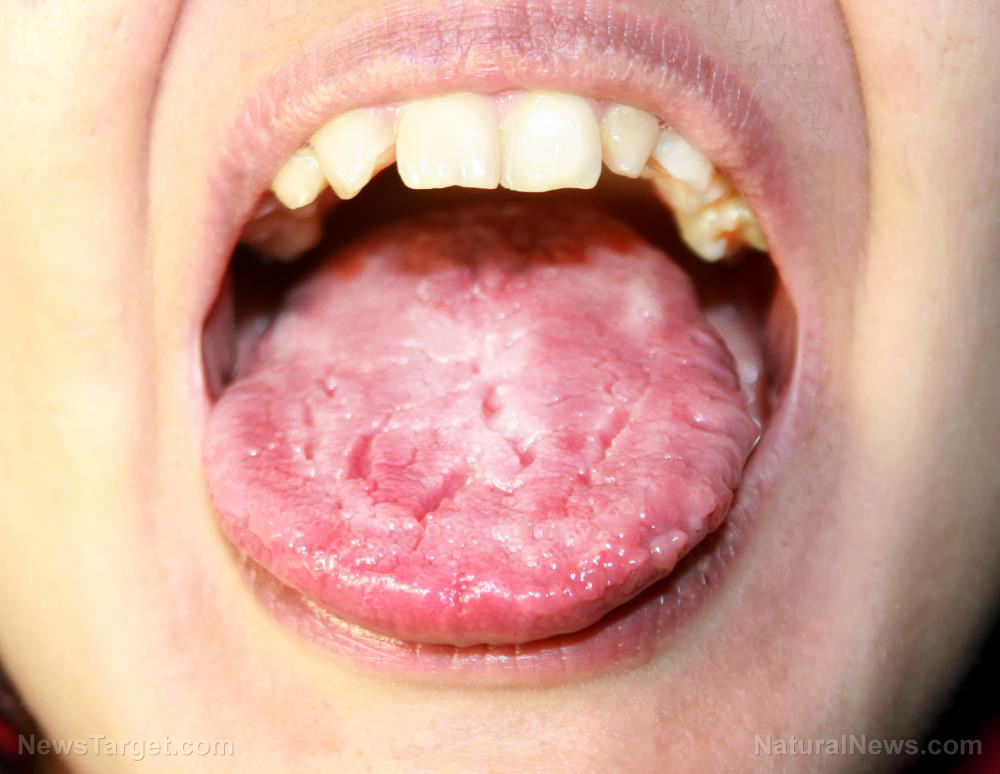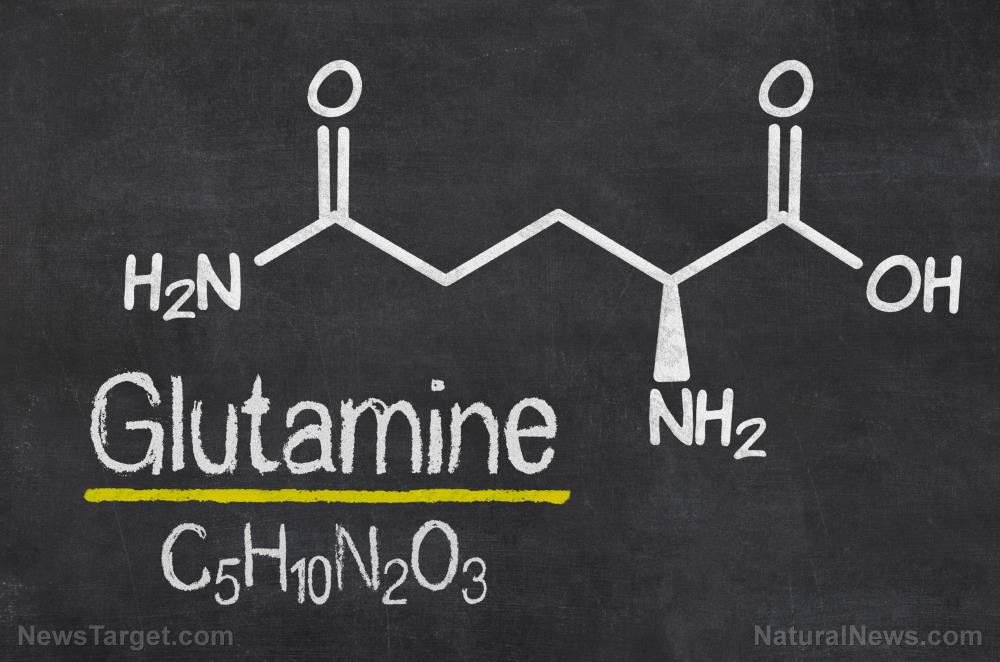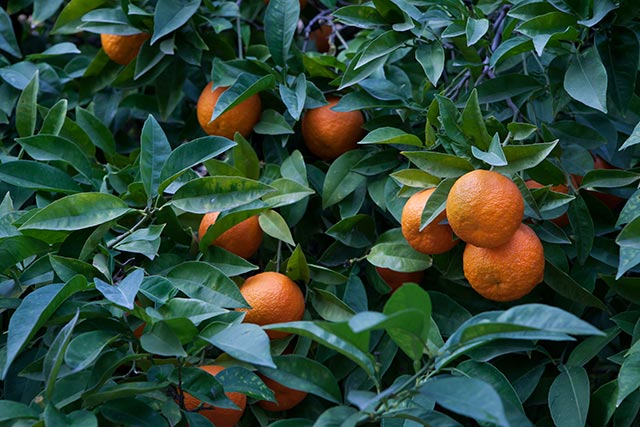The benefits of folate supplementation for people with hypertension
01/06/2019 / By Ellaine Castillo

We need a lot of nutrients to keep our organs in tip-top shape. While our bodies cannot produce everything it needs to achieve its optimum function, food can supplement our nutritional requirements. One nutrient whose supply is dependent on dietary intake is folate, a type of B-vitamin. There are many health benefits associated with folate supplementation. A recently concluded series of studies called the China Stroke Primary Prevention Trial revealed that one of these benefits is reducing the mortality risk of hypertensive patients.
Hypertension increases the risk of many diseases including kidney dysfunction. In fact, high blood pressure is the second leading cause of kidney failure. This is due to the kidneys receiving an insufficient supply of nutrients and oxygen from the blood because of weakened and narrowed arteries in hypertensive patients. However, this relationship goes both ways. Damaged kidneys can also aggravate hypertension since they are unable to produce aldosterone, a hormone for regulating blood pressure. Patients suffering from renal dysfunction also have a higher risk of mortality due to cardiovascular diseases and other medical reasons. Some of the factors that can contribute to this risk are low glomerular filtration rate, high albumin excretion rate, elevated homocysteine levels, and low folate content.
Folate or vitamin B9 is involved in many body functions, including the production of red and white blood cells, conversion of carbohydrates into energy, and the synthesis of DNA and RNA. It is also vital for maintaining low levels of homocysteine, which can inflict damage on the arteries and increase the risk of blood clots. Because of its role in these functions, it is essential to always have adequate amounts of this nutrient, especially for pregnant women, infants, and adolescents. Unfortunately, many people do not get enough of it, which could lead to many health repercussions.
In the first study of the China Stroke Primary Prevention Trial, which appeared in the Journal of Hypertension, the researchers determined the effects of folate supplementation on the incidence of stroke in hypertensive patients. Their hypothesis was established through a prospective, double-blind, randomized trial with over 20,702 participants who were chosen because they had hypertension but none of the other cardiovascular diseases. After 4.5 years, the incidence of stroke in the patients was reduced by at least 21 percent, proving that folate is beneficial for hypertension and kidney dysfunction.
To further support these claims, the researchers proceeded to do a second clinical trial wherein they observed the effects of the hypertensive drug enalapril and folic acid on all-cause mortality. They separated the 19,349 participants on whether they suffered from slow glomerular filtration rate or proteinuria, a condition characterized by high amounts of protein excreted in urine. In 4.5 years, the researchers were able to observe significant improvements in all-cause mortality. However, this was only found in the group with proteinuria and not in those suffering from poor glomerular filtration. These results prove that folate supplementation effectively reduces mortality risk, but its effects are limited to certain factors.
Although participants with poor glomerular filtration didn’t experience reduced all-cause mortality risk, one of the substudies included in the series showed that they can still benefit from folate supplementation. In patients with this condition, the researchers observed that vitamin B9 significantly reduced the toxic homocysteine levels. This consequently prevents renal problems from progressing.
Overall, these results prove that hypertensive patients can significantly benefit from folate supplementation since this can reduce their mortality risk. Moreover, it also prevents stroke and the progression of renal dysfunction. (Related: Folic acid deficiencies are widespread; here’s why nearly everyone needs more folate.)
Foods rich in folate
The amount of vitamin B9, as well as the body’s ability to absorb and use it, varies depending on the food that you get it from. Cooking foods can also reduce the folate content of foods by up to 90 percent so it would be better to keep processing at a minimum. Some of the best folate-rich foods are:
- Asparagus
- Beef liver
- Lentils
- Beans
- Egg yolk
- Avocado
- Spinach
- Bananas
For more articles about how supplements can improve health, visit SupplementsReport.com.
Sources include:
Tagged Under: blood pressure, death, folate, folate supplementation, glomerular filtration rate, high blood pressure, hypertension, life expectancy, longevity, mortality risk, nutrients, prevention, proteinuria, renal dysfunction, supplementation, Vitamin B, vitamin B9, vitamins



















